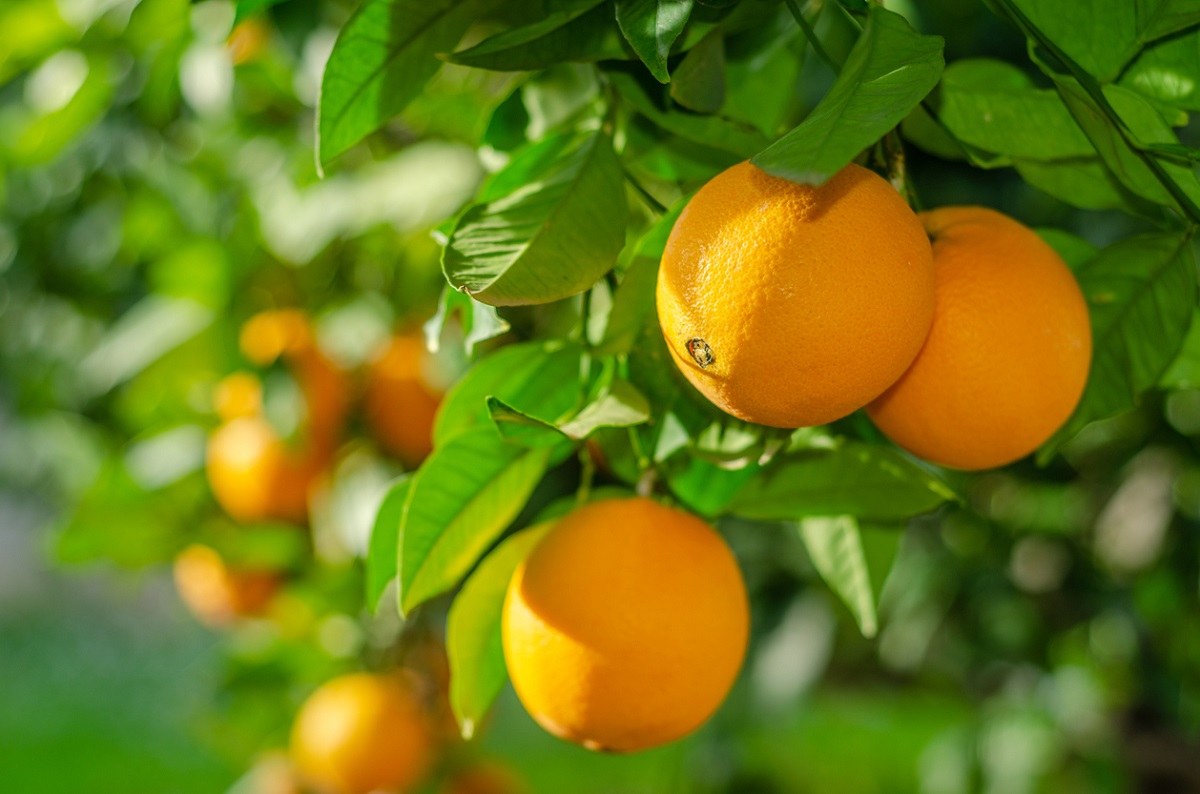
Effective CRISPR-Cas9 Method for Citrus Plants Developed
April 6, 2022| |
Citrus is one of the most difficult plants to improve through traditional breeding due to its complex reproductive biology. But the technological advancement in genome editing may help overcome this challenge to develop better varieties of this globally important fruit crop.
Protoplasts are often used for the development of genetically modified plants by the in vitro integration of rDNA, either plasmid-based or linear, into the plant genome. And new methods like genome editing provide options to increase protoplast transformation efficiency to produce more viable cells with integrated donor DNA in their genomes. Thus, American scientists developed a protocol for protoplast transfection using Lipofectamine LTX Reagent with PLUS Reagent to guarantee donor DNA delivery in sweet orange (Citrus sinensis L. Osbeck) protoplasts with low cytotoxic effects on the cells. The new protocol was meant to successfully edit the citrus Nonexpressor of Pathogenesis-Related 3 (CsNPR3) gene, which is a negative regulator of systematic acquire resistance (SAR) that controls the proteasome-mediated degradation of Nonexpressor PR1.
Using the new protocol, a CRISPR-Cas9 construct containing a guide RNA that targeted the CsNPR3 gene was transfected into citrus protoplasts to produce nine genome-edited sweet orange plants. The plants exhibited the downregulation of CsNPR3 expression and upregulation of CsNPR1. The protocol proved to be a viable option for the successful delivery of donor DNA and successful genome editing in citrus to improve plant growth and increase biotic and abiotic stress tolerance.
Learn more about the new method in the study published by Plant Methods.
| |
You might also like:
- Gene Editing Provides Possible Solution to Citrus Greening Disease
- Better Resistance to Citrus Canker Achieved Using CRISPR-Cas9-mediated Editing
- Virus Tolerant Citrus Developed Using a Combination of Biotech Tools
Biotech Updates is a weekly newsletter of ISAAA, a not-for-profit organization. It is distributed for free to over 22,000 subscribers worldwide to inform them about the key developments in biosciences, especially in biotechnology. Your support will help us in our mission to feed the world with knowledge. You can help by donating as little as $10.
-
See more articles:
-
Gene Editing Supplement (April 6, 2022)
-
Research and Tools
- Effective CRISPR-Cas9 Method for Citrus Plants Developed
- CRISPR-Kill Prevents Formation of Specific Organs During Plant Development
- Gene Editing Offers Hope to Endangered African Banana Industry
- Using CRISPR, US Firm Near to Creating Hypoallergenic Cats
- Experts Broaden Target Range of CRISPR-Cas Systems
-
Policy Considerations and Approvals
- India Exempts Genome-Edited Plants from Biosafety Assessment
-
Read the latest: - Biotech Updates (February 18, 2026)
- Gene Editing Supplement (January 28, 2026)
- Gene Drive Supplement (February 22, 2023)
-
Subscribe to BU: - Share
- Tweet

